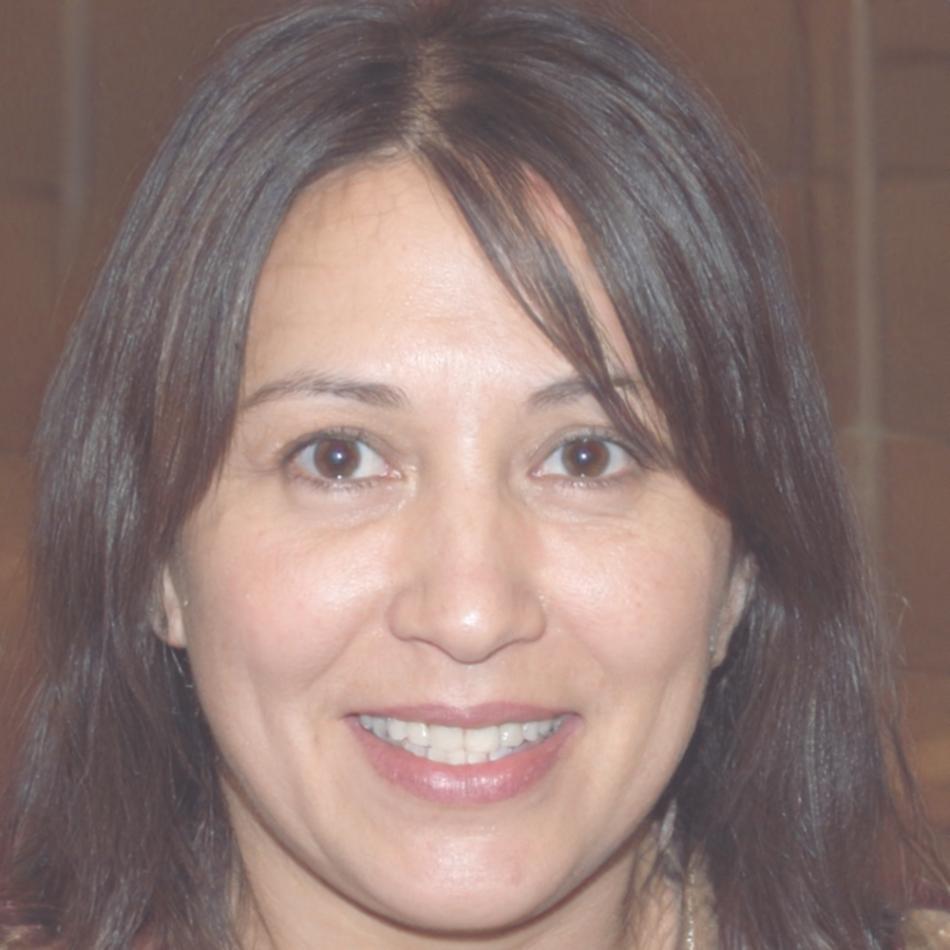Budget Management Training for Real Teams
We've spent years watching finance teams struggle with the same issues. Budgets that don't match reality. Projects that balloon past estimates. Teams working in silos with different numbers. Our training program addresses what actually happens when managing project budgets in Argentine markets.
What We Actually Believe About Teaching Finance
Most training programs teach theory that breaks down the moment you're facing a real budget crisis at 4pm on a Friday. We built this differently because we've been there.
Real Scenarios Beat Perfect Examples
In March 2024, we watched a mid-sized team in Buenos Aires nearly lose a major project because their budget tracking was three weeks behind reality. That's now week seven in our program—working through messy, incomplete data to make smart decisions fast.
Tools Matter Less Than Systems
Everyone wants to know which software to use. But we've seen teams with expensive platforms still fail. The breakthrough happens when you understand how information should flow between departments, regardless of the tool.
Local Context Changes Everything
Managing budgets in Argentina means dealing with inflation, currency fluctuations, and shifting regulations. Generic international training misses these realities completely. We teach methods that work when conditions change weekly.

People From Different Starting Points
Our participants come from manufacturing, tech startups, construction firms, and consulting agencies. What they share is the frustration of watching projects drift off budget without clear signals until it's too late.

Damián Orozco
Operations Manager, Construction
Came from a technical background with no formal finance training. Now runs budget reviews for eight concurrent projects. The section on variance analysis helped him spot material cost issues two months earlier than before.

Celina Borges
Finance Lead, Software Agency
Had the technical skills but struggled to communicate budget status to non-finance teams. The stakeholder communication modules changed how she presents numbers. Her project managers actually understand variance reports now.

How Skills Develop Through The Program
Getting Your Current System Clear
Most people start without truly understanding their existing budget process. We map it out, find the gaps, identify where information gets stuck.
Working With Realistic Complexity
Real budgets have messy edges. Delayed invoices. Scope changes. Resource shifts. You'll work through scenarios based on actual situations from Argentine businesses.
Implementing In Your Actual Work
The final phase focuses on your specific situation. You'll redesign one process in your organization while getting feedback from instructors who've solved similar problems.